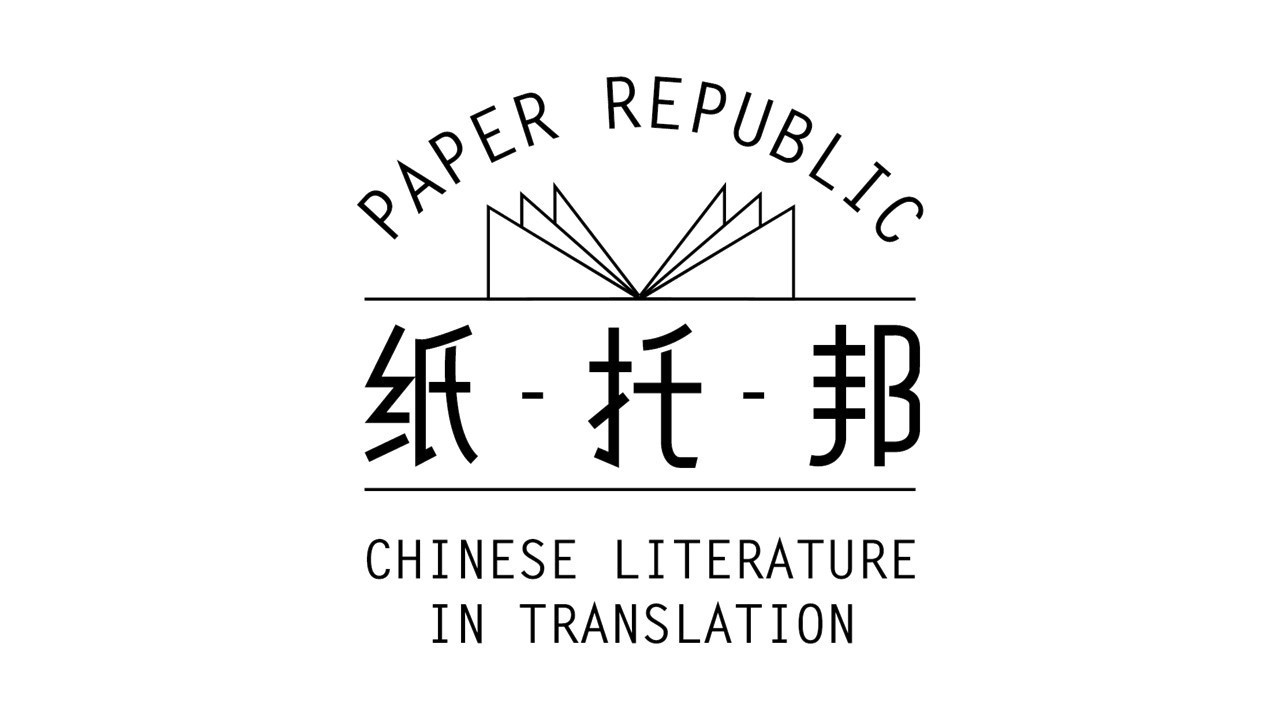MCLC Resource Center s pleased to announce publication of Guo Wu’s translation of “A Jocular Colleague,” by Wu Yuanxin. A teaser appears below. For the full introduction and translation, go to: https://u.osu.edu/mclc/online-series/a-jocular-colleague/. My thanks to Guo Wu for sharing his work with our community.
Kirk Denton, MCLC
By Wu Yuanxin 伍元新
Translated by Guo Wu
MCLC Resource Center Publication (Copyright August 2024)

Wu Yuanxin
Introduction
Wu Yuanxin 伍元新 (1935-2012), my father, was a Guizhou-based writer and literary copyeditor, born in a Sichuan village in 1935. He lost his father, a small landholder, in the 1951 land reform when his father committed suicide under political pressure. Wu left the village, joined the workforce constructing the Chengdu-Baoji railway, and attended a machine-building school near Xi’an. He began publishing in 1956 in the Shaanxi Daily (陕西日报), focusing on village life. After graduating and securing a job in Guizhou, he published a play titled “Double Selection” (双选) in Beijing in 1963 that reflects socialist village life. After working in the editorial office of Flower Creek (花溪), a monthly magazine in Guiyang that enjoyed a national reputation, he was reassigned to the Guiyang Municipal Cultural Bureau when the Flower Creek editorial office was disbanded following the first anti-bourgeois liberalization (反对资产阶级自由化) campaign in 1981. The campaign criticized the magazine for publishing a sequence of short stories with liberal tendencies. While his writing was initially influenced by the genre of agricultural realism represented by Liu Qing 柳青 (1916–1978) and Wang Wenshi 王汶石(1921–1999), and he interacted in Guizhou with local writers of national influence such as Republican-era writer Jian Xian’ai 蹇先艾 (1906–1994) and sent-down youth writer Ye Xin 叶辛 (1949—), Wu Yuanxin’s short stories in the 1980s gradually shifted from rural themes to focus on young people who moved from the countryside to cities as migrant workers. He also paid attention to work units, or danwei 单位, in a purely urban setting.
“A Jocular Colleague” (活宝) is such a realistic urban story. I selected it from the author’s Selected Short Stories of Wu Yuanxin (伍元新小说选), published by Guizhou People’s Publishing House in 1996. The plot focuses on a cultural affairs unit in the mid-1980s where a group of local artists and intellectuals experienced the conundrum of the rapid transition from the “socialist cultural mechanism” (社会主义文化体制) to marketization, and the tension between the party-state’s control and individual confusion, resistance, and self-expression. The story revolves around the dynamics among three characters: Old Y, a bureaucratic party secretary whose authority is waning in the 1980s; and Little V, the bold, playful, and non-conformist main character who has his own ideas and plans, but who is also charitable and serious at heart; and the frustrated singer Little B as the narrator. Defying the early post-Mao stereotype of rigid and oppressive communist officials, the story portrays Old Y as kind-hearted, honest, and tolerant, though still entrenched in his communist mindset and jargon and in his role of presiding over routine “political study” (政治学习) sessions. The female narrator, Little B, seems to be a passive conformist who tries to understand her old schoolmate and current colleague, Little V, but generally disapproves of his character and bold rebellion. The author uses Old Y’s language in a humorous and out-of-place manner, highlighting the contrast between his old-fashioned ways and the era of marketization and modernization. The story is filled with dialogue that is often joking, sarcastic, and quick-witted, creating a sense of humor and cynicism rarely seen in contemporary Chinese fiction, in addition to providing a glimpse into the internal dynamics of a Chinese work unit.
I translate the narrative in the past tense because it is told by the first-person narrator, Little B, as a reminiscence. I have divided the original short story into three sections, each reflecting a distinct sub-theme. This structure guides the reader through the character development and thematic evolution of the story: the first section covers the meeting of the characters and the initial conflicts between Little Y and the establishment; the second focuses on Little Y running the dance hall; and the third on Little Y’s departure from the work unit.
A Jocular Colleague
1
If you want to know more about Little V’s background, ask Old He. He is the director of our unit’s Human Resources Department, and he manages Little V’s personal files.
It’s true that Little V and I were old schoolmates. But in a school with over a thousand students, we were in different classes, and he was a year ahead of me. We weren’t close. He didn’t stand out, especially not to a girl like me. The only memory I have of him from those days is from when we were sent down to the countryside as part of the youth program. The commune’s propaganda team came to perform a Model Opera, and he played Hu Chuankui, a comical nationalist officer during the Anti-Japanese War. I remember him protruding his belly and delivering his lines: “Thinking of the past, when my army just started, I had only a dozen soldiers and seven or eight guns . . .” [READ THE FULL TRANSLATION HERE]
 The Chinese Program at San Francisco State University invites you to
The Chinese Program at San Francisco State University invites you to








